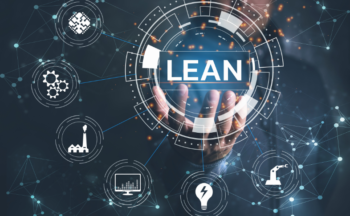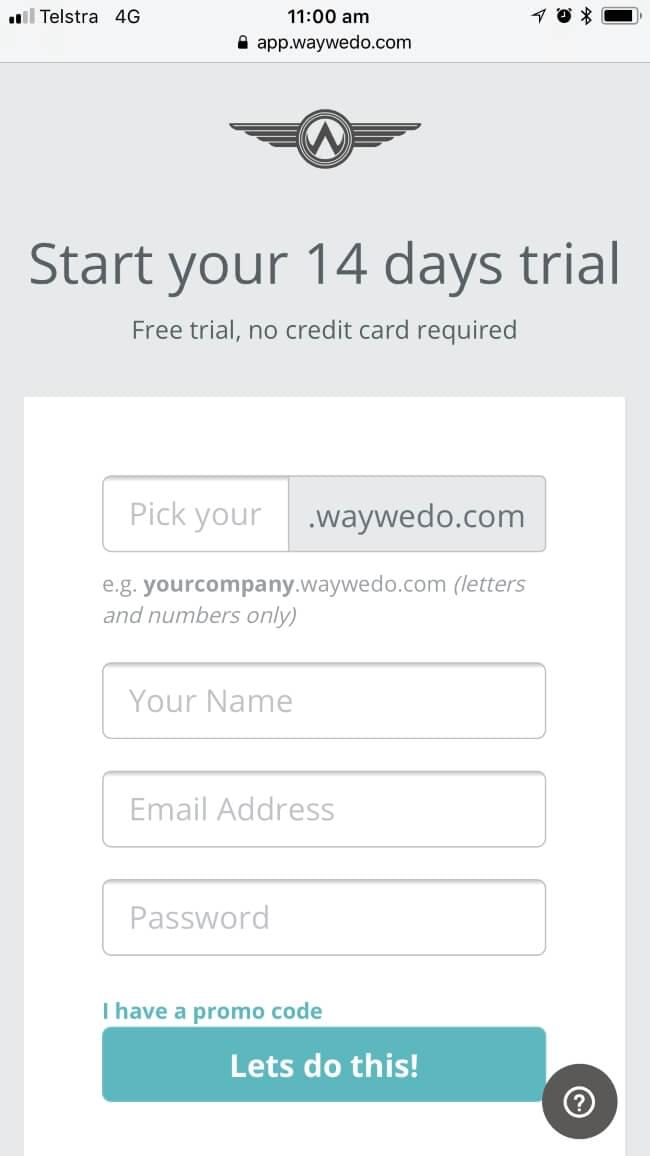On a recent flight from Brisbane to Melbourne, Australia, I stumbled upon a fascinating article in Qantas’s in-flight magazine about B Corporations. The concept resonated deeply with the essence of Way We Do and our company’s core values. Having since delved deeper into B Corporations and what it means to be one, I thought I’d share my own discoveries and insights through a Way We Do lens.
What are B Corps?
“B Corp” – short for Benefit Corporation – is a certification for-profit companies can get in recognition of their meeting high standards of social and environmental performance, accountability, and transparency. B Corp certification is administered by B Lab, a non-profit organization that aims to promote the role business plays in addressing social and environmental challenges and creating positive impacts beyond profit generation.
B Corp certification evaluates a company’s performance using the B Impact Assessment (BIA), a comprehensive tool that measures the company’s impact on its stakeholders, including employees, customers, suppliers, the community and the environment. The BIA covers five main areas: governance, workers, community, environment and customers.
Companies that achieve B Corp certification are part of a global community of businesses that are committed to balancing profit with purpose, and pursuing a triple bottom line approach that focuses on people, planet and profit. B Corps strive to create long-term value for all stakeholders and inspire other companies to follow their lead in building a more sustainable and socially responsible economy.
B Corps and the Triple Bottom Line
The triple bottom line (TBL) is a sustainability framework that encourages businesses to measure and report their performance based on three dimensions: social, environmental and financial. It’s often referred to as the “Three Ps” for People, Planet and Profit. John Elkington introduced the concept in the mid-1990s to broaden businesses’ traditional focus on financial performance alone.
The 3 Ps
- People (Social) – This aspect focuses on the impact a business has on its employees, customers, suppliers, and the broader community. It includes issues like labor rights, fair wages, diversity and inclusion, workplace safety, employee well-being, and community engagement.
- Planet (Environmental) – This assesses the environmental consequences of a company’s operations and supply chain. The ‘Planet’ dimension covers aspects such as resource use, waste management, emissions, energy efficiency, water conservation, and biodiversity preservation.
- Profit (Financial) – The financial aspect acknowledges the need for businesses to generate profits to ensure long-term viability and growth. However, the focus is on creating sustainable financial value that benefits all stakeholders, rather than just maximizing shareholder returns.
The TBL approach aims to promote a more holistic and responsible approach to business management. By considering the social, environmental, and financial impacts of their decisions, companies can work towards creating long-term value for all stakeholders and contributing to a more sustainable and equitable economy.
B Corps and the B Impact Assessment
The B Impact Assessment (BIA) is a comprehensive evaluation tool used to measure the social and environmental performance of a company seeking B Corp certification. The BIA is designed to be flexible and adaptable to companies of different sizes, sectors, and geographic locations. The assessment covers five main impact areas, which are further divided into subcategories.
Governance
- Mission and engagement – How the company’s social and environmental mission is incorporated into its operations, decision-making processes, and engagement with stakeholders.
- Corporate accountability – The company’s legal structure, board oversight, stakeholder representation, and commitment to considering the interests of all stakeholders in decision-making.
- Ethics and transparency – Ethical business practices, transparency in reporting, and disclosure of conflicts of interest.
Workers
- Compensation and benefits – Fair wages, benefits and profit-sharing programs that contribute to employee wellbeing.
- Worker ownership – Opportunities for employees to become shareholders or owners of the company.
- Training and education – Employee training, skill development, and career advancement opportunities.
- Work environment and culture – Health and safety, work-life balance, satisfaction, and engagement among employees.
- Diversity, equity and inclusion – Policies and practices that promote diversity, equity and inclusion in the workforce.
Community
- Job creation and local economic impact – The company’s contribution to local job creation, supplier diversity, and economic development.
- Civic engagement and giving – Philanthropic efforts, community engagement, and volunteer programs.
- Inclusion and diversity in supply chain – The company’s commitment to working with diverse and under-represented suppliers, as well as assessing the social and environmental performance of its suppliers.
- Community impact – The impact of the company’s products, services and operations on the community, including addressing social or environmental challenges.
Environment
- Environmental management – The company’s policies, systems and practices related to environmental stewardship and compliance.
- Resource and energy use – Resource conservation, energy efficiency, and the use of renewable energy sources.
- Emissions, waste, and water – The management and reduction of greenhouse gas emissions, waste generation and water consumption.
- Supply chain and transportation – Environmental impact assessment and management throughout the supply chain, including transportation and logistics.
Customers
- Products and services – The social and environmental impact of the company’s products and services, including addressing societal challenges, promoting public benefits, or serving underserved communities.
- Customer engagement and support – Practices related to customer satisfaction, support, education and engagement on social and environmental issues.
- Privacy and data security – Policies and practices to protect customer privacy and ensure the security of their data.
The BIA assigns a numerical score to each impact area, and companies must achieve a minimum score of 80 out of 200 possible points to be eligible for B Corp certification. The assessment is designed to help companies identify strengths and areas for improvement, as well as to track their progress over time.
Is B Corp certification too hard for small businesses?
The straight answer is, “No”, but it can be challenging. The certification process requires a commitment to meet high standards of social and environmental performance, accountability and transparency. However, many small businesses are already working towards these goals or have values that align with B Corp principles.
While the process may seem daunting, there are resources and tools available (like Way We Do) to help small businesses navigate the B Corp certification journey.
Small businesses can benefit from the certification in several ways.
- Differentiation – Achieving B Corp certification can help small businesses stand out from competitors by demonstrating their commitment to sustainability and social responsibility.
- Employee attraction and retention – B Corp certification can attract employees who are passionate about working for purpose-driven companies, and it can help boost employee satisfaction and retention.
- Networking and collaboration – B Corp certification connects small businesses with a global community of like-minded companies that can provide support, resources and opportunities for collaboration.
- Continuous improvement – The BIA tool helps small businesses identify areas for improvement and track their progress, driving continuous growth in social and environmental performance.
To successfully achieve B Corp certification, small businesses should:
- be prepared to invest time and resources in completing the BIA and implementing necessary changes to meet the certification requirements
- stay informed about best practices in sustainability and social responsibility by participating in workshops, webinars and other educational resources provided by B Lab and the B Corp community
- leverage the support of the B Corp community by connecting with other certified companies or those in the process of certification, sharing experiences, and learning from one another.
The bottom line of this discussion is that while it may be challenging, B Corp certification is certainly achievable for small businesses that want to demonstrate their commitment to making a positive impact in the world.





